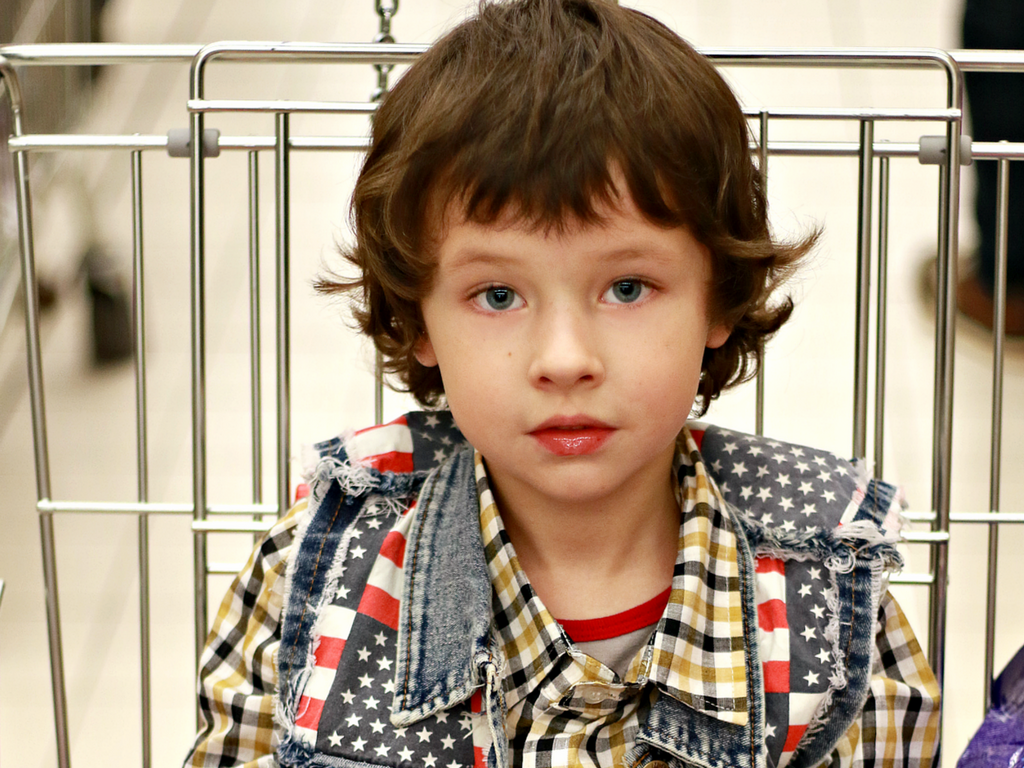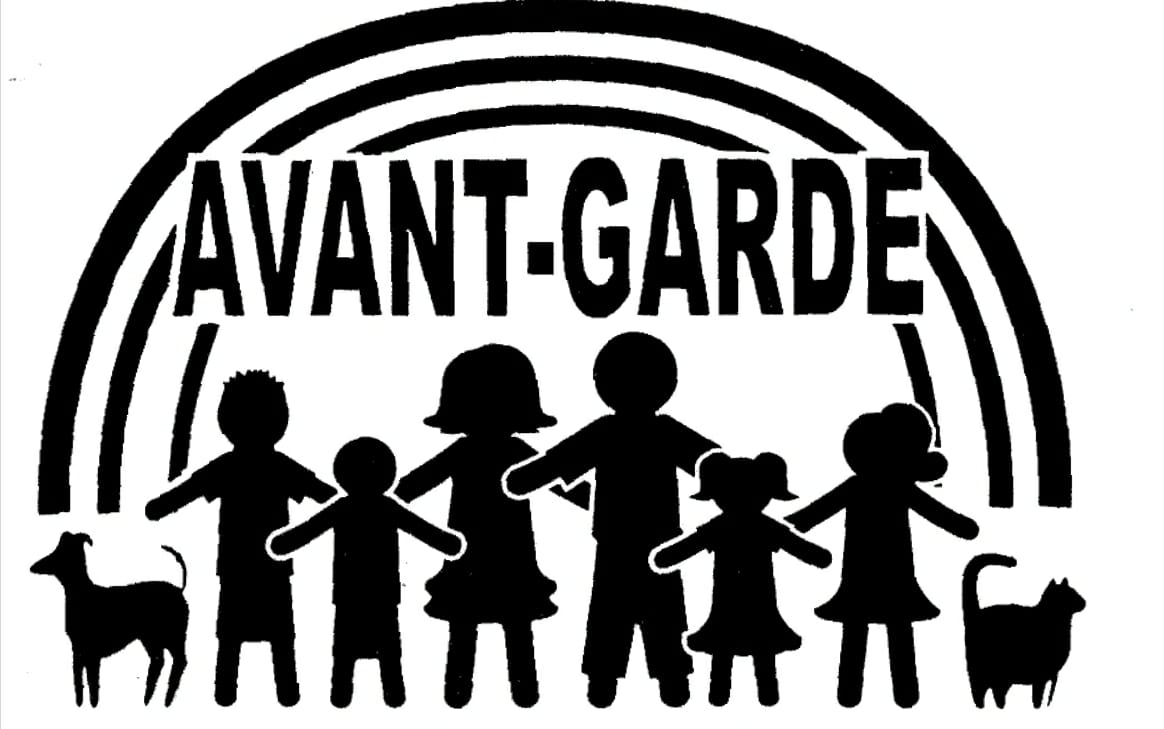
Paula reached the checkout lane at the local market with her two carts, one filled with a baby, four packs of diapers, 2 cases of baby formula, boxes of cereal, and several essential foods. Two school-aged children hung from the sides of the cart, threatening to tip it over if one should let go. A twelve-year-old pushed the second cart filled with the family’s other groceries for the week, as she entertained the toddler in the seat in front of her.
Paula dreaded this part of the week. It wasn’t that shopping with five children was so difficult — she was used to that part. She’d figured out a few tricks and bribes that kept the kiddos well behaved. It wasn’t the children’s behavior she dreaded.
As the items beeped past the scanner, Paula organized her coupons and payments, taking a nervous glance at the well-dressed couple behind her in line. She wished she could shop at a different time of day, but with her and her husband’s work schedules, this was simply the only time that worked. Already she could see “the looks” starting.
The clerk, familiar with Paula’s situation, reached out to take the WIC checks from her hand as she carefully compared the items to the listed options. A heavy sigh came from the well-dressed couple. But it was more than just them being in a hurry. Their eyes scanned the faces of the children as if trying to figure out how many partners fathered this colorful brood.
When Paula handed over her EBT card to pay for the second cart, it was more than the couple could take.
“You know, if you got a job and stopped popping out kids, you might be able to afford to pay for your own groceries.”
There it was. Paula had heard the rude, judgmental words before. Somehow it was still shocking, but it wasn’t her she was worried about. It was the kids. She looked into the eyes of a sensitive 8-year-old and saw the tears welling. She was about to go ‘mama bear’ on this guy.
Paula had a dozen snap-back responses in her head for jerks like this. But she knew these children were watching and listening. She took a deep breath and decided to make this a teaching opportunity.
“Sir, I appreciate your concern for my family’s well being, but my husband and I work full-time jobs. We also provide foster care to children who require things like food, formula, and diapers. Please be careful how you speak in front of children.”
Paula kissed the 8-year-old on the cheek, gave a reassuring nod to the 12-year-old, and gathered her things to leave. She didn’t bother to look back and see the couple’s red faces staring down at their shoes.
Think Before You Speak
What this couple didn’t seem to realize is that their words hurt the children. No child should have to feel bad about eating. No child should be made to feel like a burden.
Too often people are quick to judge families they know nothing about. For many, especially single moms, government assistance can be the difference between a child eating or going hungry. For foster families, it’s an essential part of how they get paid for caring for children in the system.
Be sensitive to everyone you meet. You don’t know their story. You don’t know their hardship. Don’t worry about what they’re doing. Instead, ask yourself, “What am I doing to help?”
Article written by Cindy White Horvath. She can be reached at cindy@avgffa.org



Very powerful!
This brought tears to my eyes, thinking of those poor kids hearing that gentleman’s rude comment.
This is a great story!